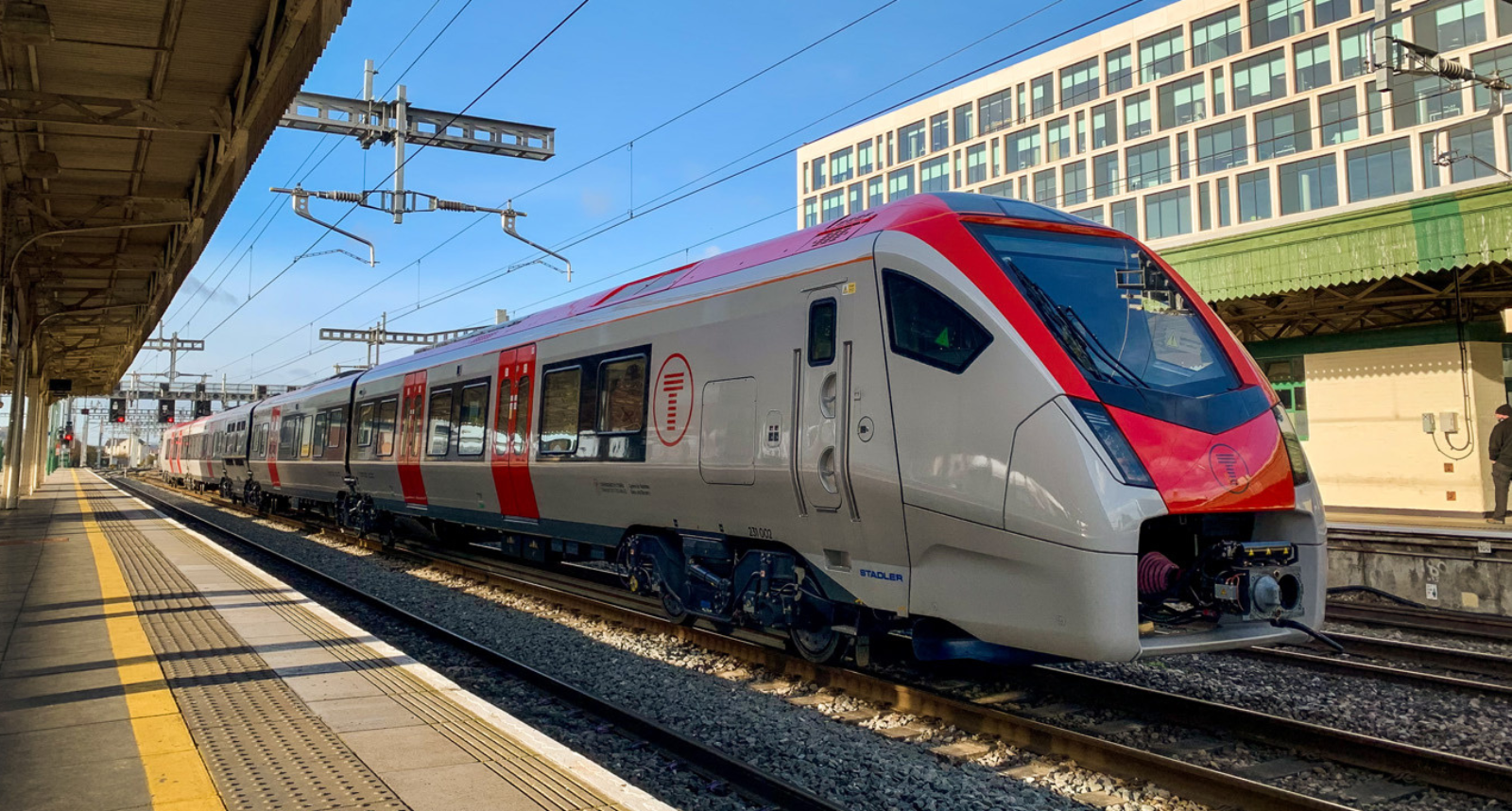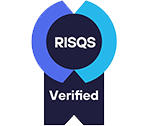Highlights
Client: Transport for Wales (TfW) is owned by the Welsh Government
Location: UK
Services: Solutions
From 2021 to 2027, TfW is delivering a rolling stock improvement program incorporating new fleets from multiple manufacturers, to be integrated alongside legacy fleets such as the new Cardiff Metro. This will also include major infrastructure, maintenance and operational upgrades to the Welsh rail network.
Starting with the ‘basic six’ requirements of people, tools, systems, quality, time and cost. Fishbone developed a baseline system to accurately determine a program or project status against customer requirements, benefits, budgets or delivery for any stage of the project.
A key requirement was building a series of visualisations and intelligent analytics against the programme performance, programme authorisation strategies and key safety requirements and ultimately through complex railway timetable changes.
To achieve this, Fishbone developed and agreed governance structures with both TFW and its stakeholders that considered budget and delivery timescales, live programme developments and engineering issues, change requests from projects, customer changes in benefits realisations, testing and development of integrated software and any training and support requirements.
The Fishbone Assurance and Readiness Reporting (FARR) system is a programme management tool that takes data, cleansing it to provide a single source of truth for TFW and its many stakeholders.
It’s diagnostic approach includes the ethos-
“Will the change work and can it be delivered”
and
“are we ready and can we prove it?”.
The reporting programme was bespoke and evolved according to the stage of the program, but generically followed:
- Reporting of variance against established baselines for physical delivery packages.
- Program and milestone variance developed from multiple live program feeds.
- Entry into Service stage gate checklists and testing / commissioning planning and progress.
- Assurance and Approvals with approval bodies and Office of Road and Rail.
- Operations led Engineering.
This case study summarises how Fishbone have worked with a client, their stakeholders and suppliers to develop a HQMI system, the FARR product, that can be adapted to control any program or project of any scale in a simple, informative and tailored process. Empowering people to make informed decisions, understand impacts and control the outcomes.
Fishbone was engaged as a 'critical friend' to audit TfW's current position and readiness to manage the scale and complexity of the planned programme ahead. This early engagement was a success, and the scope was expanded to include the baselining, data analytics and visualisation of HQMI. The Fishbone FARR system ingests data from circa 120 sources of information across the project and against the baseline programme to highlight areas where activities are behind schedule. This gave the management teams clear insight into where their focus was needed. It is fully interactive and acts as the one source of truth for TfW and its key delivery partners.
Colin Berry, Head of EIS Integration, Transport for Wales



